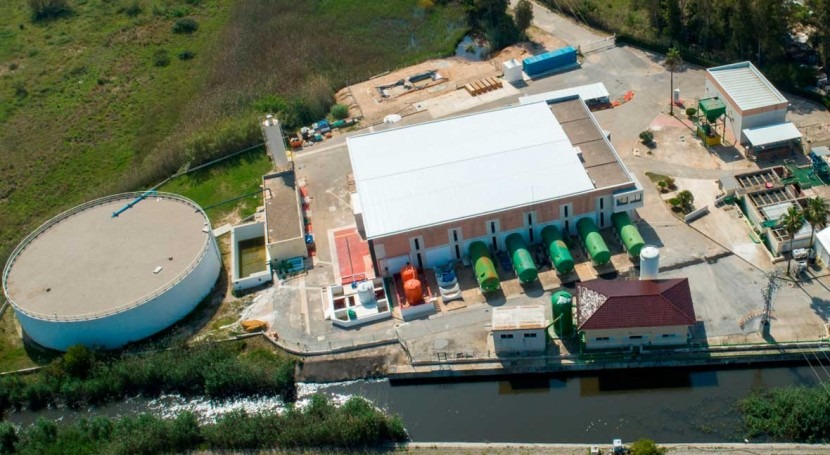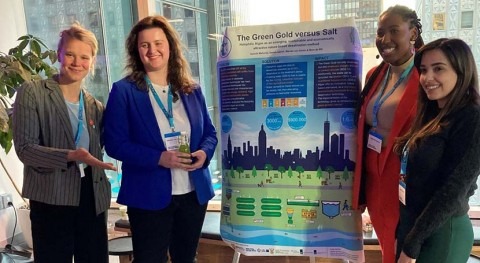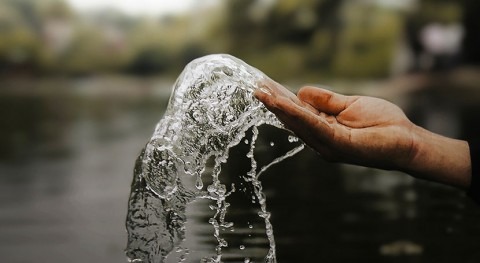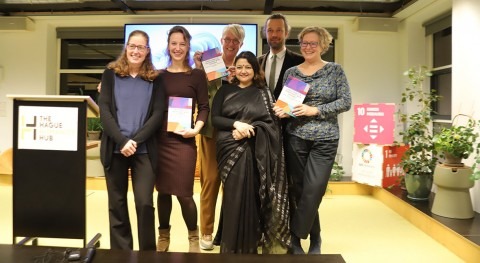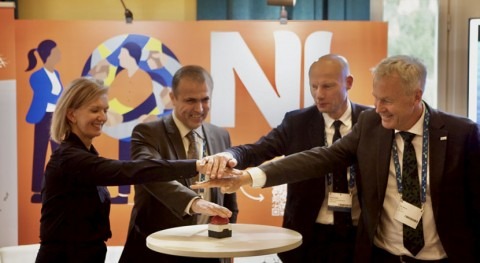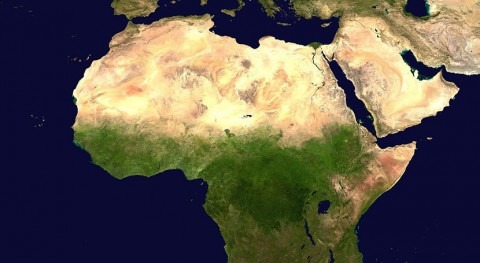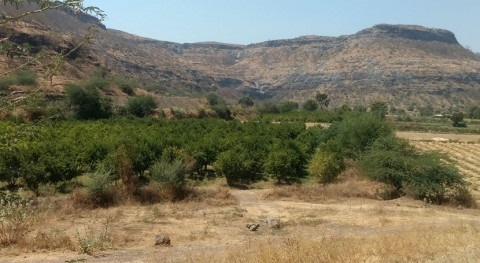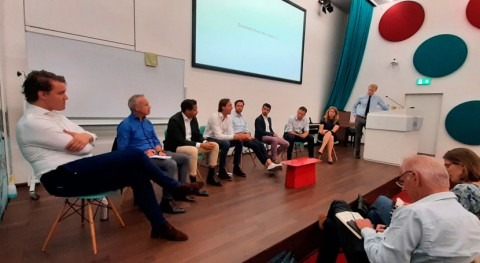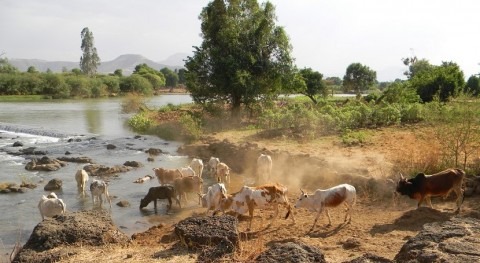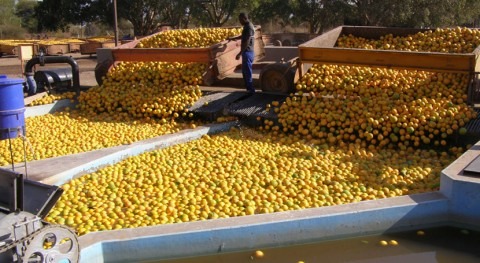The MIDES project (for Microbial Desalination) is launching its first demonstration site in Denia, Spain, in the week of 25 November with a natural process that has potential to drastically lower energy use in desalination while also treating waste water. Project partners have organized a Desalination Week in Denia that will feature the inauguration of the MIDES demonstration site on 27 Nov. at the Aqualia Racons Brackish Water Desalination Plant. And at the Port of Denia, MIDES is organizing a Desalination Innovation School, Sustainable Desalination Workshop and General Assembly for the consortium members of the EU Horizon 2020 project. See the program for Desalination Week!
- WP7: Life cycle assessment, and environmental & social impact assessment of the microbial desalination cell technology.
- WP8: Dissemination and communication, including organization of the Desalination Innovation School taking place in Denia around the launch of the first demonstration site.
- WP9: Coordination and Management of various aspects of the project research and implementation.
What will MIDES do?
Microbial Desalination Cells (MDC) can generate around 1.8 kWh of bioelectricity while treating of 1 m3 of wastewater. This energy is used to remove salt content in seawater, which lowers the energy required to complete desalination. The goal of the first demonstration site is to produce 150 L/h of desalinated water with less than 0.5 kWh/m3 of electric energy used.
The challenge
The MIDES consortium of 10 organizations from 7 countries has been working since 2016 to scale up this MDC configuration from successful laboratory results with new materials to this demonstration phase. The Denia demo site will produce drinking water in challenging real environment conditions by treating brackish water through advances in ultrafiltration pre-treatment, MDC application, disinfection and remineralization. A ceramic microfiltration process will pretreat the raw water from the Racons River, a complex water source with dense organic matter and high membrane fouling capacity.
The process
The MDC simultaneously desalinates saline water and treats wastewater. Electroactive bacteria in the anode side of the MDC feed on organic compounds in wastewater, and release electrons. These electrons travel to the cathode side to create an electrostatic force that breaks the salts into a positively charged-particle that goes to the cathode – and a negatively charged particle that goes to the anode. In short, this MDC process generates electricity to reduce salt content in saline water, and also limits the environmental impact that carbon-rich compounds would have if they were discharged into natural water sources.
The future
A low-energy drinking water production process like MIDES can benefit communities with access to a salt/brackish water source, but are lacking the power infrastructure to support conventional desalination. Follow MIDES as it brings this innovative system into real applications in Denia, and at two future sites planned for different water conditions: in Chile and in Spain.
The MIDES consortium
• Aqualia (lead partner) • LEITAT
• IHE Delft Institute for Water Education • Mikrolin
• IMDEA Water • Oncontrol
• FUJIFILM • SGL Carbon
• SimTech Simulation Technology • University of Gabes


